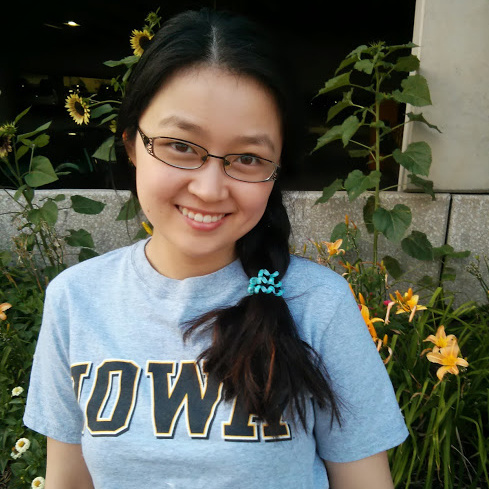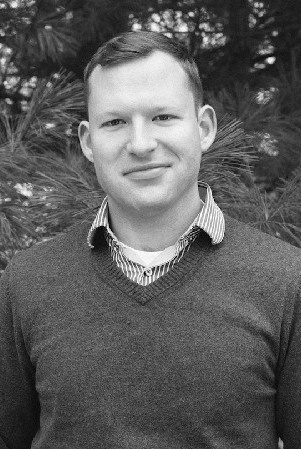Sikder Huq, Yuanyuan Jiang, and Michael Lash, 4th, 5th, and 3rd year PhD students advised by Professors Sukumar Ghosh, Joe Kearney, and Alberto Segre/Nick Street, respectively, have been named recipients of the Graduate College Summer Fellowship for 2017. Michael Lash also received a Graduate College Post-Comprehensive Research Award for the fall 2017 semester.
- Sikder’s research with Professor Ghosh focuses on design and analysis of self-adjusting algorithms for distributed systems. Self-adjustment allows systems to respond to changes in their input pattern. For example, a network meant to deliver streaming video can benefit from self-adjustment by dynamically migrating a server geographically closer to a densely populated group of receivers. Sikder designs self-adjusting algorithms to solve different problems related to large scale networks, and evaluates the performance of his algorithms both theoretically and experimentally.
- Yuan's work with Professor Joe Kearney centers on examining the influence of avatar fidelity on joint actions in shared virtual environments. This highly interdisciplinary research combines the technological development of computer-generated characters and avatars with psychological studies to evaluate road crossing behaviors, especially in the presence of other people.
- Mike's research pertains to both methodological and application-focused machine learning and data mining techniques. A particular area of ongoing research is on inverse classification, belonging to a broader research discipline referred to as utility-based data mining/machine learning. Inverse classification is the process of working backwards through an induced classifier to illicit instance-specific updates that optimally direct the instance toward a preferred classification. As an example, an induced classifier might learn a mapping from patient characteristics, such as age and diet, to a preventable disease, say cardiovascular disease (CVD). For a new patient (instance), the learned mapping is used to obtain recommendations (updates) that best minimize the probability of CVD, bearing real-world implementation considerations in mind (e.g., a person cannot change their age).
Both award programs provide an opportunity for advanced doctoral students to benefit from protected and supported time to pursue their scholarly research activities.
The Graduate College Post-Comprehensive Research Award is intended to recognize students with distinguished academic achievement during their early graduate training. These achievements should be evident from a combination of outstanding academic performance in coursework, as well as early scholarly research activities. Students who have held teaching assistantships in the previous two semesters will have priority.

